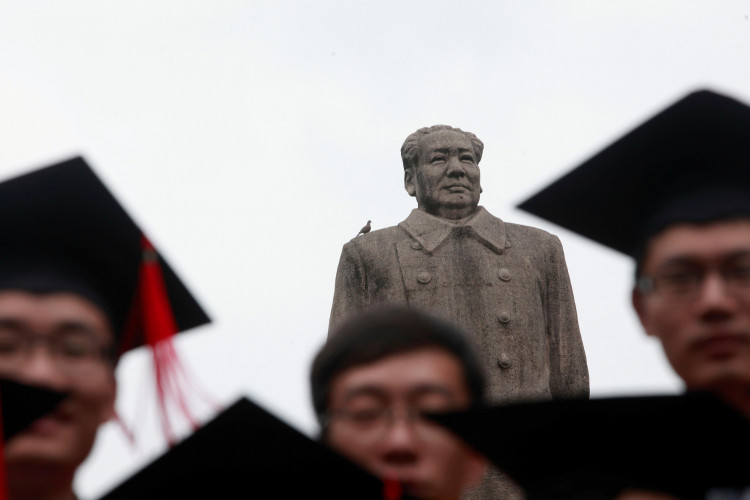China is embarking on a venture to establish more educational facilities abroad, the Ministry of Education said, to give Chinese education to children of Chinese employees working on foreign lands.
As a response to an offer made earlier by a member of the National Committee of the Chinese People's Political Conference, the ministry said that accelerating the process of establishing foreign-based Chinese schools can meet the needs of the staff of Chinese descent working in government institutions, state-owned and private companies.
The ministry said that it has researched ways to increase the number of Chinese schools abroad, including slowly converting some Confucius institutes into Chinese schools, opening Chinese teaching sections at some international training institutions, and encouraging domestic training facilities to open full-time Chinese learning centers.
Overseas Expansion
The ministry also said that schools will have the same schedule as their domestic counterparts for English, math, politics, and traditional Chinese culture and they could also add students to IB, AP, and A-level courses, it said.
Responding to a similar proposal made by a member of the CPPCC National Committee this year, the ministry disclosed that increased demand from Chinese working abroad has led the government to increase financial support for the school building, teacher training, and educational materials.
According to the ministry, there are 60 million overseas Chinese and foreigners of Chinese ancestry around the world, and almost 20,000 schools offer Chinese education.
Zhuge Academy, Beijing-based education company Lanxum Inc's foreign arm will fast-track its overseas expansion to meet the rapidly increasing demand for better Chinese education.
According to Shang Mei, the academy's head of international business, after opening campuses in Canada and the United States, they would consider venturing into the Asian and Middle Eastern markets.
Conservation of Knowledge
The academy's rapid expansion overseas is in line with the rising demand for "quality overseas Chinese education," Shang said. After relocating abroad, some Chinese people experienced a deep "cultural anxiety," thus the need to bring Chinese education closer to them, he added.
With the continued introduction of the Belt and Road Initiative, and with more countries doing business with China, more Chinese people are working overseas, resulting in increased demand for their children to learn Chinese education, Yu said.
Meanwhile, According to Wu Zhonghan, professor at the Jiangxi Province Education and Science Institute, family education, which should be explored as an interdisciplinary subject, involves the vast and extensive conservation of knowledge that China's educators are striving to create.
In his keynote speech, Wu said, family and school collaboration will broaden the scope of social education, whose framework often affects the growth of a child.





